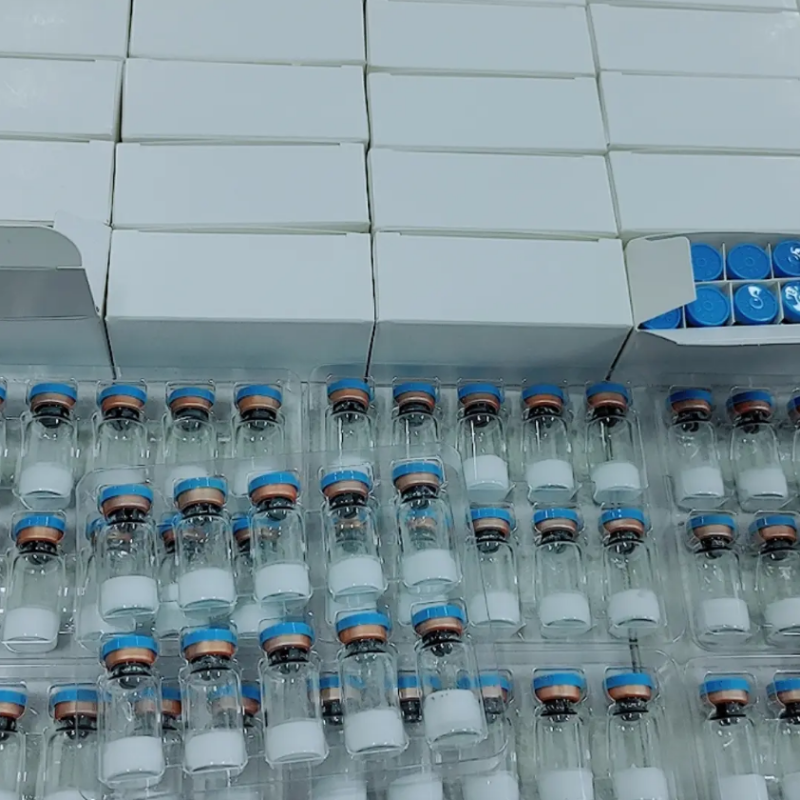-
Categories
-
Pharmaceutical Intermediates
-
Active Pharmaceutical Ingredients
-
Food Additives
- Industrial Coatings
- Agrochemicals
- Dyes and Pigments
- Surfactant
- Flavors and Fragrances
- Chemical Reagents
- Catalyst and Auxiliary
- Natural Products
- Inorganic Chemistry
-
Organic Chemistry
-
Biochemical Engineering
- Analytical Chemistry
- Cosmetic Ingredient
-
Pharmaceutical Intermediates
Promotion
ECHEMI Mall
Wholesale
Weekly Price
Exhibition
News
-
Trade Service
26, 2020 /PRY/ -- The University of Leeds has made a major breakthrough in the development of semi-automatic colonoscopy research by using robots to guide medical devices into the human body in a recent study published in the international journal Nature Machine Intelligence entitled "Intelligence Enabling of the future of colonoscopy with intelligent and autonomous magnetic fields".
This landmark study promises to take the future of intelligent robotic systems a step further, and the use of intelligent robots can also introduce instruments into precise parts of the body for biopsy and internal tissue examination of the patient's body.
Doctors or nurses will still make clinical decisions on site, but the daunting task of operating the device is left to the robotic system; scientists expect to begin clinical trials of the robotic system in patients next year or early 2022, and researcher Pietro Valdastri says colonoscopy could provide clinicians with a window into the world hidden deep in the human body, which has played an important role in screening for colorectal cancer, but has not been revolutionized in recent decades.
the study, researchers developed a system that is more easily operated by doctors and nurses and cause less pain to patients, an important step in making colonoscopy more common in the population.
Because the system is easy to use, scientists hope it will help increase the number of users and allow more patients to be screened for colonoscopy, a screening method for colon and rectal health that is traditionally performed using a semi-soft tube inserted into the anus, and some patients find the whole process so painful that they need anaesthetic before they can be examined smoothly.
In this study, researchers developed a smaller capsule-like device that can be inserted into a patient's anus on a thinner cable and guided to a designated position by magnets placed on the patient's robotic arm (not by a doctor or nurse pushing a colonoscopy).
Photo Source: University of Leeds is able to move around the patient when the robotic arm operates the capsule, and the system is based on the principle of magnetic attraction and rejection, where the in vitro magnet interacts with tiny magnets in the capsule in the body, allowing the capsule to pass through the colon tissue, a way to check Perhaps less painful than traditional colonoscopy; booting the robotic arm can be done manually, a technique that is very difficult to master, for which the researchers developed different levels of robotic aids, and in this study the researchers assessed differences in the effectiveness of different levels of robotic assistance in assisting non-professionals with surgical examinations.
Remote operation of the intelligent endoscope allows the operator to focus on analyzing the position of the capsule in the colon they want, allowing the robot system to calculate the robot arm movement mode required for the capsule to reach a specified site, while the robot system can also use the computer's vision system to navigate autonomously through the colon tissue;
Using direct robot control mode, participants can achieve 58% success, while using intelligent endoscopes to operate remotely, the success rate can reach 96%, using semi-automatic navigation for inspection, the success rate can reach 100%.
In the next experiment, two participants were asked to navigate a traditional colonoscopy into the colon tissue of two anaesthetic pigs, and then repeat the task with different levels of assistance in a magnet-controlled robotic system, and the researchers found that with the help of the robot, the participants would be more likely to operate the colonoscopy, and researcher James Martin said that manipulating the robotic arm was a very big challenge, and that the whole process was not intuitive, which had a certain effect on the development of the magnetically flexible colonoscopy.
Robotic-assisted colonoscopy may revolutionized the way traditional colonoscopy is performed, meaning that people who do it may not need to be experts in operating equipment, which is also expected to make it more widely used in clinical practices, such as clinics and health centres, not just in hospitals.
() References: 1: Martin, J.W., Scaglioni, B., Norton, J.C. et al. Enabling the future of colonoscopy with intelligent and autonomous magnetic device. Nat Mach Intell 2, 595-606 (2020). doi:10.1038/s42256-020-00231-9.2 Using robotic assistance to make colonoscopy kinder and easierby University of Leeds.







